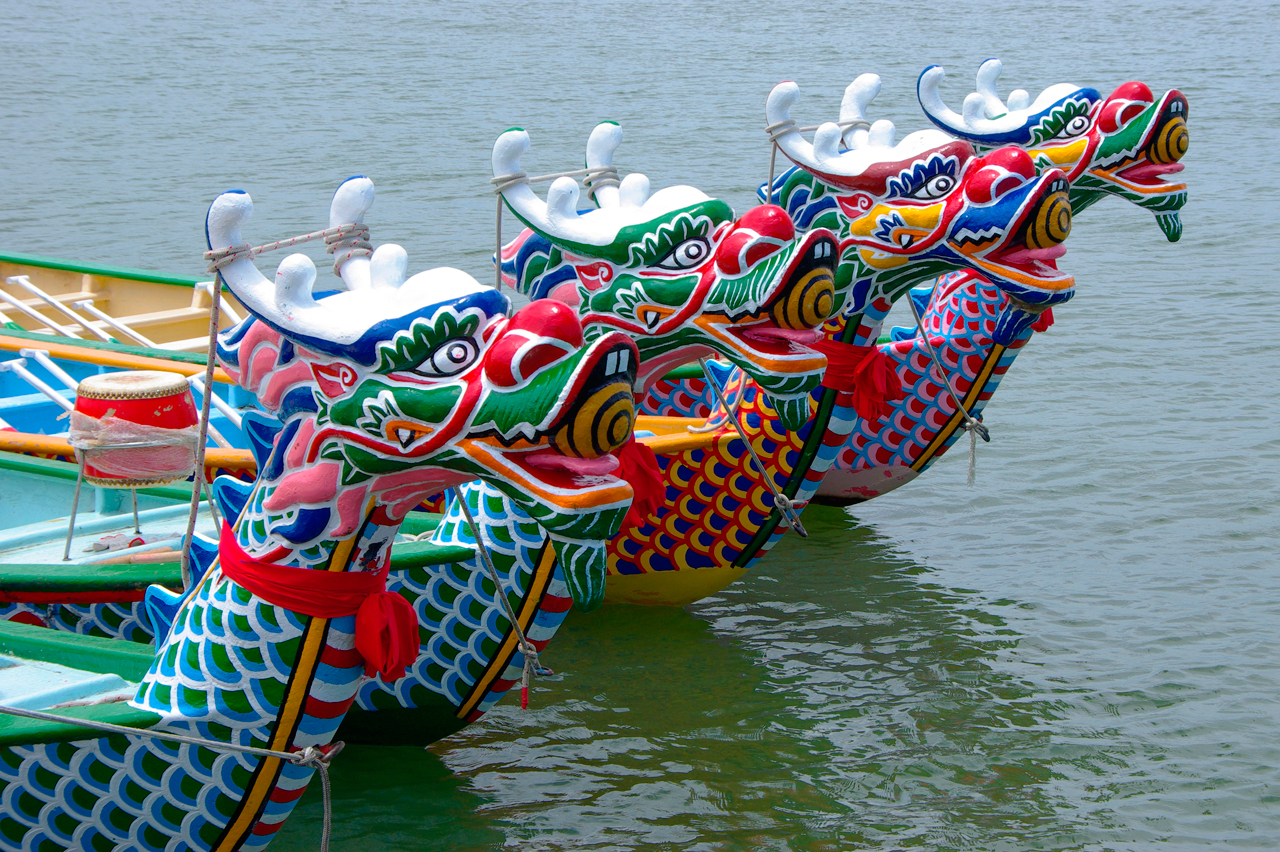
The Dragon Boat Festival is an important traditional holiday celebrated in the East Asian cultural circle, including Mainland China, Hong Kong, Taiwan, Japan, Korea, and Vietnam.
Traditional Chinese festivals, such as the Dragon Boat Festival and Mid-Autumn Festival, use the lunar calendar, making these festivals fall on different dates every year on the Gregorian calendar. The Dragon Boat Festival occurs on the 5th day of the 5th month of the Chinese lunar calendar; this year, it falls on June 9.
One festival, several names
People in different regions use various names to refer to this festival. In addition to its official English name of “Dragon Boat Festival”, in Mandarin-speaking China and Taiwan it is known as Duanwu Festival (端午节 or 端午節, in simplified and traditional Chinese respectively). Other names used to designate this holiday include “Poet’s Day”—in reference to the famous poet Qu Yuan, said to have died on this day—, “Fifth Month Festival”, and “Fifth Day Festival”.
The legend
Among all traditional Chinese festivals, the Dragon Boat Festival has the longest history. It thus comes as no surprise that there are many different versions and stories about its origin, which remains largely unclear.
The most popular theory holds that this festivity commemorates the death of the famous poet Qu Yuan. A wise poet, scholar and patriot, Qu Yuan cared deeply about the motherland and his fellow countrymen. Upon hearing the news of the invasion of the state capital, Qu Yuan committed suicide by drowning himself into the Miluo River (in modern Hunan, China) on the 5th day of 5th month. According to the legend, when the local people learned about his fate, they all went to his rescue. Dragon boats were built and sent out to the river and, to prevent fishes in the water from eating Qu Yuan’s body, villagers made zongzi and used it to feed the fish.
Undoubtedly, Qu Yuan’s is the most widespread and appealing legend; nonetheless, other stories have also been used to explain the origins of this festivity. For instance, some consider that this festival celebrates driving plague and diseases away from people, while others regard it as an occasion for ancient people to worship Chinese dragons.
Traditional activities
Eating zongzi and racing dragon boats are the two most widespread activities that continue down to the present day.
-The art of zongzi
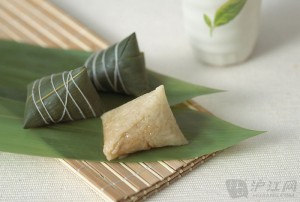 Zongzi is a traditional Chinese food made of glutinous rice wrapped in bamboo, corn or reed leaves with fillings of meat, peanuts, eggs and virtually anything you may think of. Since they can be stuffed with a great diversity of foods, they are also known as “rice dumplings”. For those in the American continent, this Asian treat is sometimes known as “Chinese tamales”, for its similarity to the famous Mesoamerican dish tamal.
Zongzi is a traditional Chinese food made of glutinous rice wrapped in bamboo, corn or reed leaves with fillings of meat, peanuts, eggs and virtually anything you may think of. Since they can be stuffed with a great diversity of foods, they are also known as “rice dumplings”. For those in the American continent, this Asian treat is sometimes known as “Chinese tamales”, for its similarity to the famous Mesoamerican dish tamal.
Zongzi come in various styles, shapes, flavors, and ingredients. Some people enjoy eating sweet zongzi, which can be plain or with sweet red beans incorporated into the rice; others, prefer the savory zongzi filled with meat, salted egg yolk and mushroom. Zongzi styles vary from North to South, and East to West. Even in one same city, people living in opposite sides of the city may have a completely different preference for zongzi.
Preparing zongzi is as much part of the tradition as consuming them. Unfortunately, in nowadays fast-paced and ultra-convenient Asia, only families with elder members prepare homemade zongzi. The majority of young people conveniently buys them at the supermarket or local store.
-Racing dragon boats
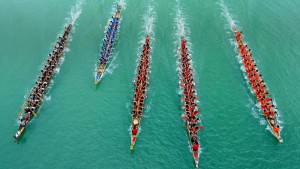 Dragon boats are human-powered canoe-style boats in the shape of Chinese dragons, or at least with decorative dragon heads and tails. A boat usually has a team of about 20 paddlers and a drummer. The paddlers sit in pairs facing the front, while the drummer sits at the bow facing the paddlers. The drummer leads the entire team throughout a race by producing rhythmic drum beats. The paddlers paddle harmoniously at a pace set by the drummer, trying to make their strokes in unison to achieve greater acceleration and speed.
Dragon boats are human-powered canoe-style boats in the shape of Chinese dragons, or at least with decorative dragon heads and tails. A boat usually has a team of about 20 paddlers and a drummer. The paddlers sit in pairs facing the front, while the drummer sits at the bow facing the paddlers. The drummer leads the entire team throughout a race by producing rhythmic drum beats. The paddlers paddle harmoniously at a pace set by the drummer, trying to make their strokes in unison to achieve greater acceleration and speed.
While it was originally held as part of the Dragon Boat Festival, since 1976 Dragon boat racing has become an international watersport. Surprisingly, nowadays it is even popular in some western countries, and it is held not just around the Dragon Boat Festival days.
-And many more traditions
There are also some other traditions for this festivity, including hanging certain oriental plants on the front door, drinking medicinal concoctions, hanging portraits of the mythological figure Zhong Kui, and the tradition known as “egg-standing”—making eggs stand up on their ends at exactly noon. The former three rituals are all believed to keep evils away and bring peace.
Nowadays, the Dragon Boat Festival, as one of the three major traditional festivals both in mainland China and Taiwan, is not just a festival to commemorate a poet or a way to worship Chinese dragons, but a great chance for families to get together and enjoy delicious food.
Follow us in Social Media:
Twitter: @localconcept1
Google+: https://plus.google.com/+LocalConceptUS
LinkedIn: https://www.linkedin.com/in/localconcept/
Facebook: https://www.facebook.com/Local.Concept.Inc/



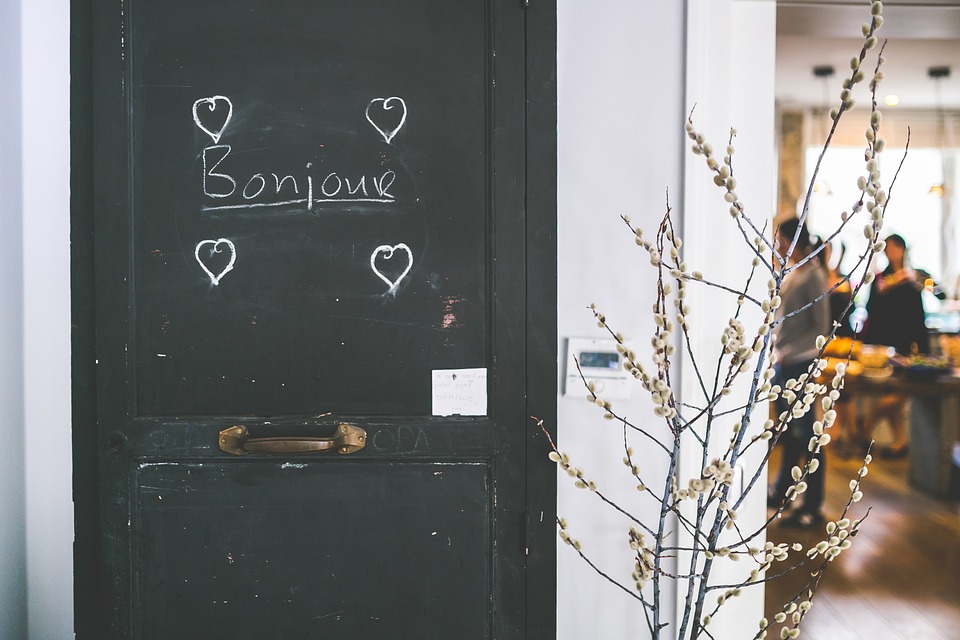
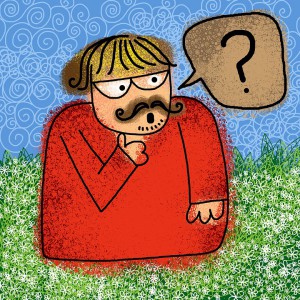

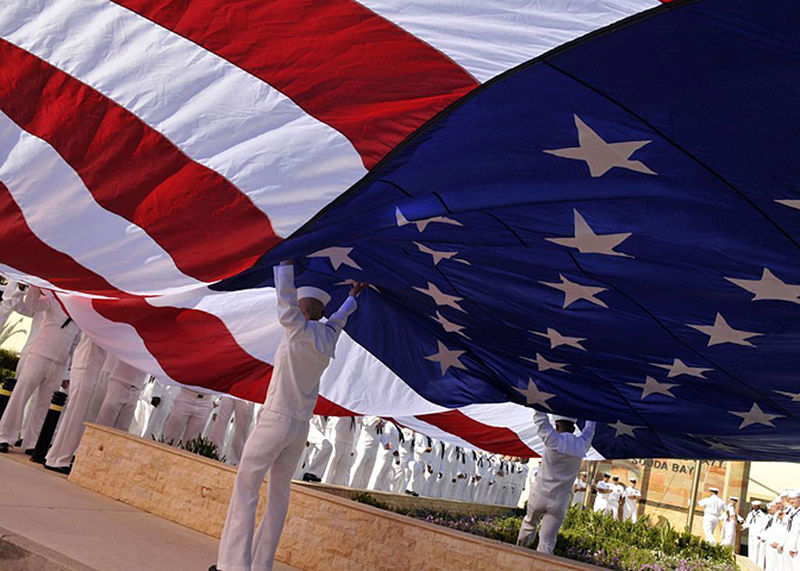
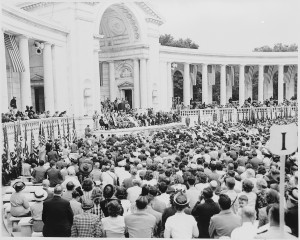


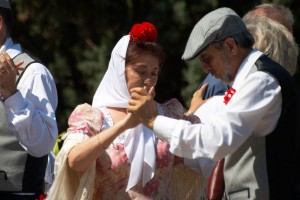
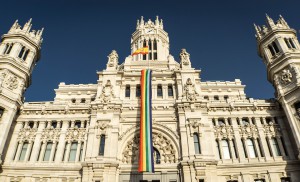 Presque dix ans se sont écoulés depuis la première Gay Pride à Madrid. Alors appelée l’Europride en 2007, cet événement aux couleurs de l’arc-en-ciel devient rapidement la fête de la fierté gay la plus importante d’Europe. Chaque année autour du premier weekend de juillet, des milliers de membres internationaux et nationaux de la communauté LGTB se déplacent jusqu’à Madrid pour prendre part aux festivités. Les principales places de la capitale, dont l’emblématique Plaza de Chueca, et les rues environnantes sont inondés de couleurs, de musique, de lumière et de monde, beaucoup de monde. Des concerts et des soirées en discothèques sont organisés tout au long de la semaine. La grande parade de la MADO, qui a lieu le samedi, rassemble des milliers de personnes le long des rues pour assister au défilé des chars, tous aussi extravagants les uns que les autres. Cette année, la MADO se tiendra du 29 juin au 4 juillet. Pour connaître le programme, n’hésitez pas à vous rendre sur
Presque dix ans se sont écoulés depuis la première Gay Pride à Madrid. Alors appelée l’Europride en 2007, cet événement aux couleurs de l’arc-en-ciel devient rapidement la fête de la fierté gay la plus importante d’Europe. Chaque année autour du premier weekend de juillet, des milliers de membres internationaux et nationaux de la communauté LGTB se déplacent jusqu’à Madrid pour prendre part aux festivités. Les principales places de la capitale, dont l’emblématique Plaza de Chueca, et les rues environnantes sont inondés de couleurs, de musique, de lumière et de monde, beaucoup de monde. Des concerts et des soirées en discothèques sont organisés tout au long de la semaine. La grande parade de la MADO, qui a lieu le samedi, rassemble des milliers de personnes le long des rues pour assister au défilé des chars, tous aussi extravagants les uns que les autres. Cette année, la MADO se tiendra du 29 juin au 4 juillet. Pour connaître le programme, n’hésitez pas à vous rendre sur  Los Veranos de la Villa est un événement de grande importance dans l’agenda culturel de la ville de Madrid. Célébré tous les ans du 1er juillet au 30 août, la ville met à disposition des madrilènes et visiteurs les principaux espaces culturels, Conde Duque, El Centro Cibeles, Plaza Mayor, pour n’en citer que quelques-uns. Des expositions, des projections de films (anciens, par thèmes, en plein air), des concerts, des spectacles de danse (flamenco, danse classique, zarzuela…), des pièces de théâtre, etc. sont proposés exclusivement pour cette occasion. Le programme de Los Veranos de la Villa 2016 n’est pas encore disponible ; il le sera dans quelques semaines et pourra être consulté à l’adresse
Los Veranos de la Villa est un événement de grande importance dans l’agenda culturel de la ville de Madrid. Célébré tous les ans du 1er juillet au 30 août, la ville met à disposition des madrilènes et visiteurs les principaux espaces culturels, Conde Duque, El Centro Cibeles, Plaza Mayor, pour n’en citer que quelques-uns. Des expositions, des projections de films (anciens, par thèmes, en plein air), des concerts, des spectacles de danse (flamenco, danse classique, zarzuela…), des pièces de théâtre, etc. sont proposés exclusivement pour cette occasion. Le programme de Los Veranos de la Villa 2016 n’est pas encore disponible ; il le sera dans quelques semaines et pourra être consulté à l’adresse 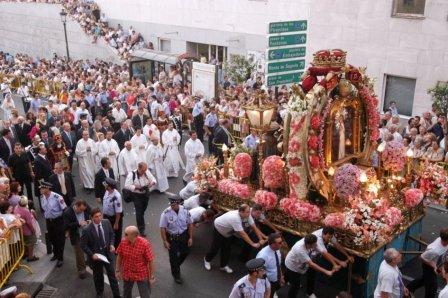 La dévotion date du XVIII siècle lorsque qu’une habitante, Isabel Tintero, décide d’accrocher sur sa porte d’entrée l’image de la Vierge. C’est d’abord la visite des voisins en quête de guérison et de protection qui sera à l’origine de la popularité de Vierge, puis en 1791 Isabel Tintero demande la permission d’édifier une chapelle en son honneur. La peinture de la Virgen de la Paloma est ensuite transportée à la nouvelle chapelle, située dans la rue qui porte son nom (Calle de la Paloma). Entre 1891 et 1911, la Paroisse San Pedro el Real est construit en son honneur.
La dévotion date du XVIII siècle lorsque qu’une habitante, Isabel Tintero, décide d’accrocher sur sa porte d’entrée l’image de la Vierge. C’est d’abord la visite des voisins en quête de guérison et de protection qui sera à l’origine de la popularité de Vierge, puis en 1791 Isabel Tintero demande la permission d’édifier une chapelle en son honneur. La peinture de la Virgen de la Paloma est ensuite transportée à la nouvelle chapelle, située dans la rue qui porte son nom (Calle de la Paloma). Entre 1891 et 1911, la Paroisse San Pedro el Real est construit en son honneur.
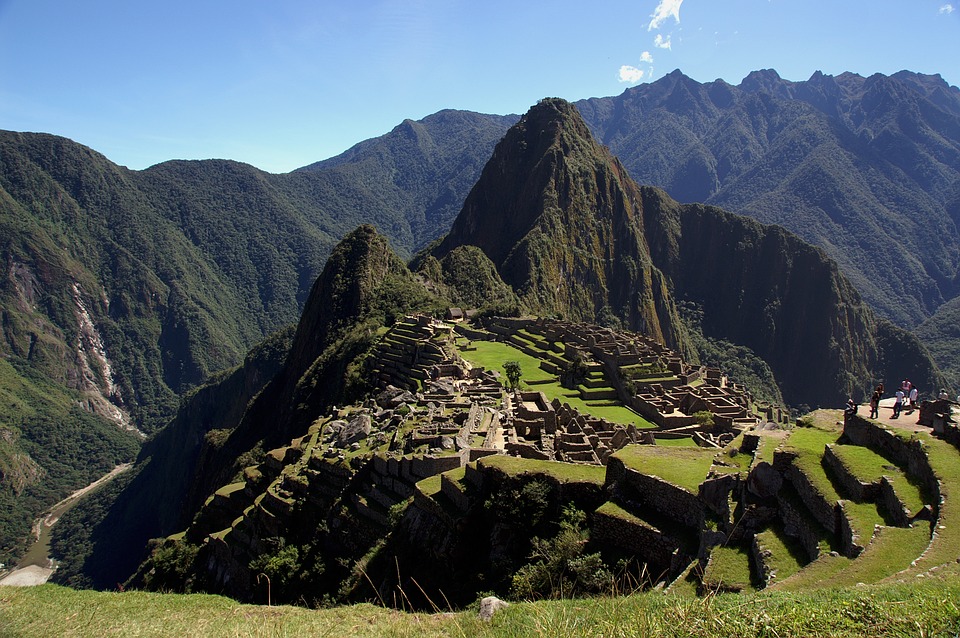
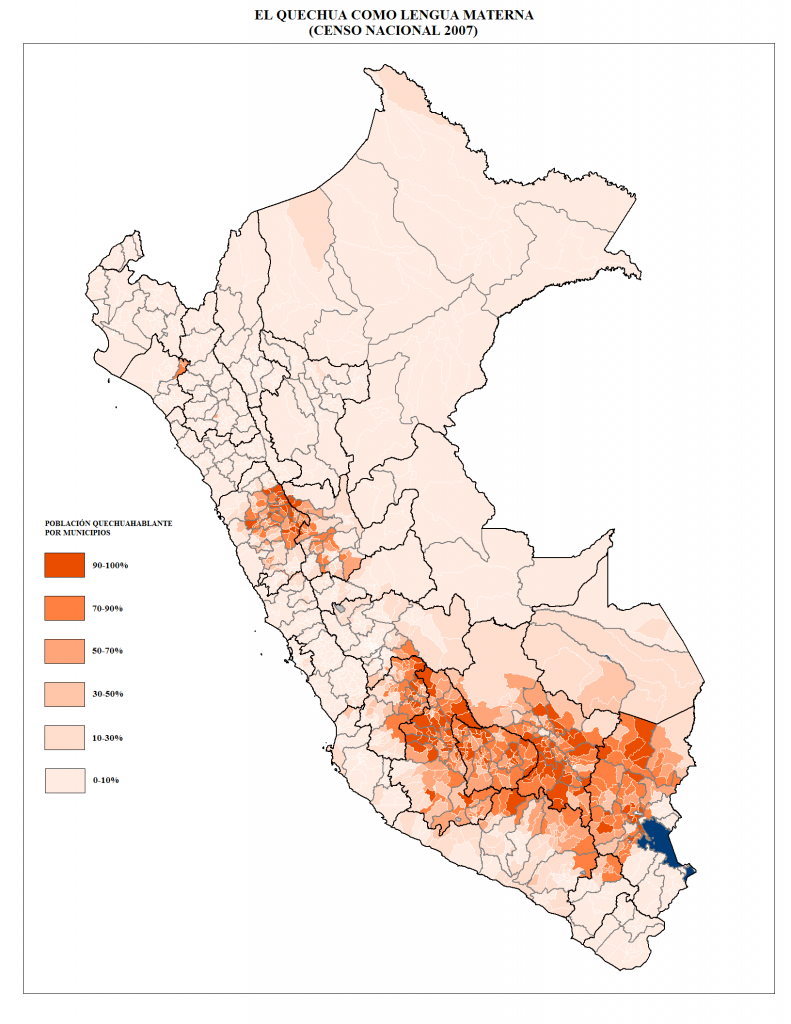
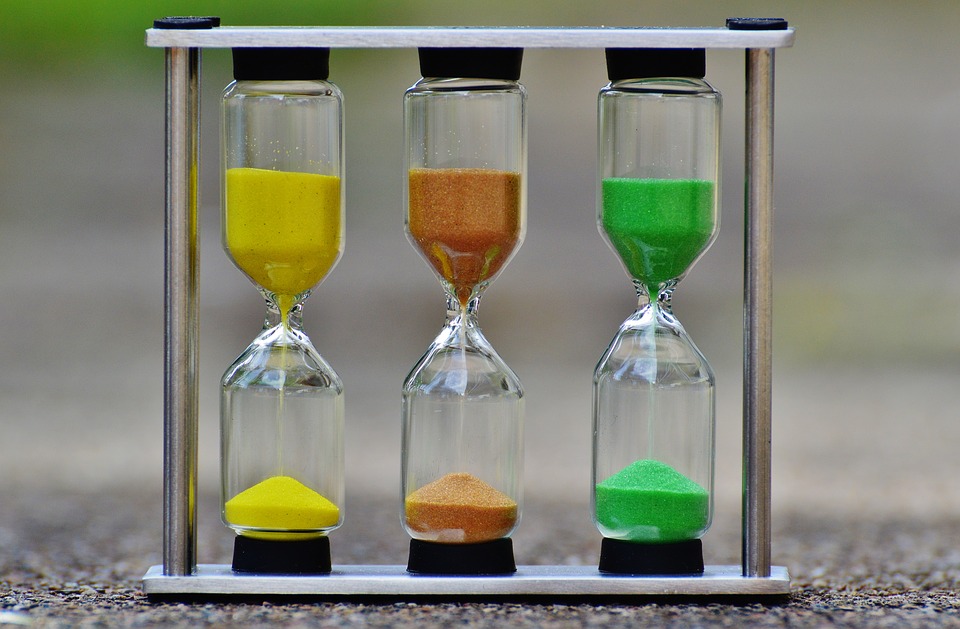

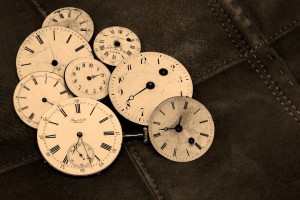 Si hasta que tu ordenador decide arrancar te da tiempo a desayunar, ducharte y leer el periódico, es hora de que vayas buscando uno nuevo. Aunque a todos nos cuesta gastar dinero para trabajar, contar con un equipo de trabajo actualizado nos puede ahorrar muchísimo tiempo y nos permite trabajar con mucha más comodidad. Quizá sea una pantalla con más pulgadas, un ratón con funciones adicionales o incluso una silla ergonómica que nos permite pasar más horas concentrado, identifica qué herramientas se te han quedado desfasadas e invierte en ellas para mejorar tu productividad. Seguro que no te arrepentirás.
Si hasta que tu ordenador decide arrancar te da tiempo a desayunar, ducharte y leer el periódico, es hora de que vayas buscando uno nuevo. Aunque a todos nos cuesta gastar dinero para trabajar, contar con un equipo de trabajo actualizado nos puede ahorrar muchísimo tiempo y nos permite trabajar con mucha más comodidad. Quizá sea una pantalla con más pulgadas, un ratón con funciones adicionales o incluso una silla ergonómica que nos permite pasar más horas concentrado, identifica qué herramientas se te han quedado desfasadas e invierte en ellas para mejorar tu productividad. Seguro que no te arrepentirás.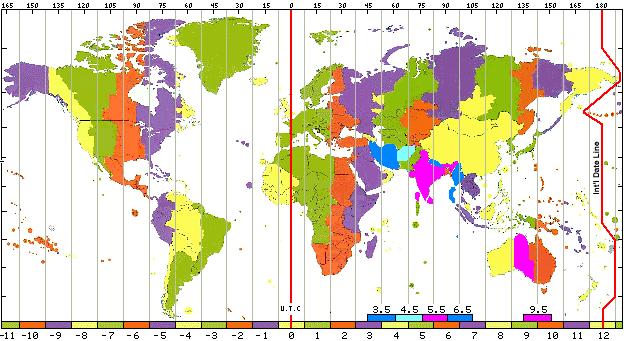
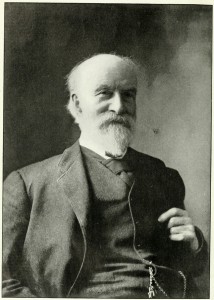

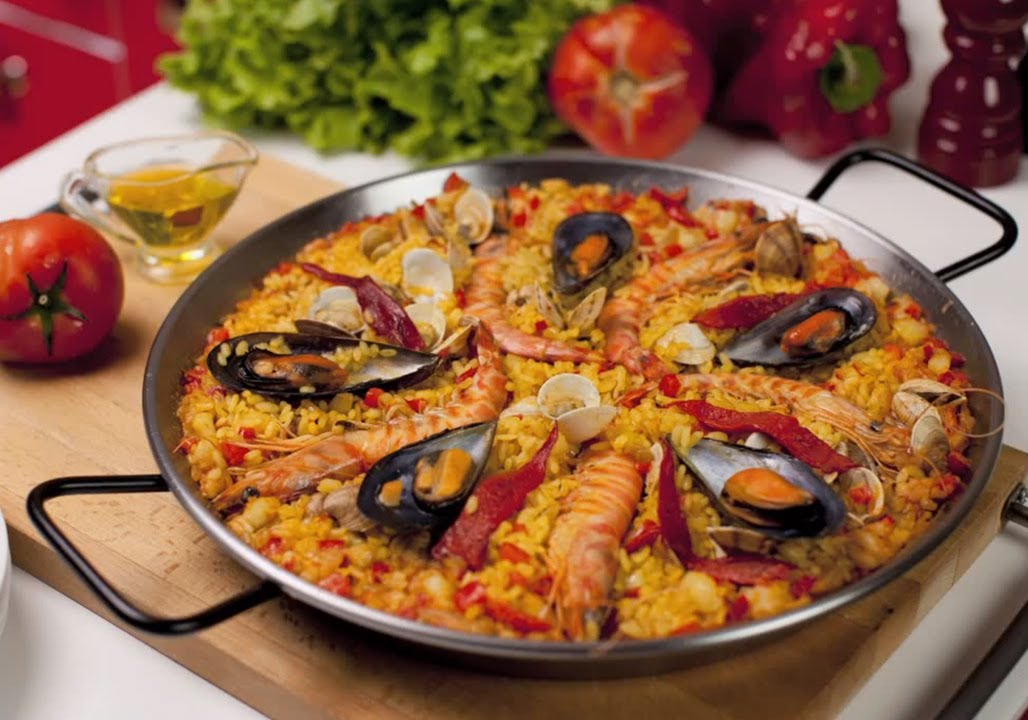
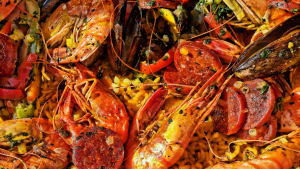




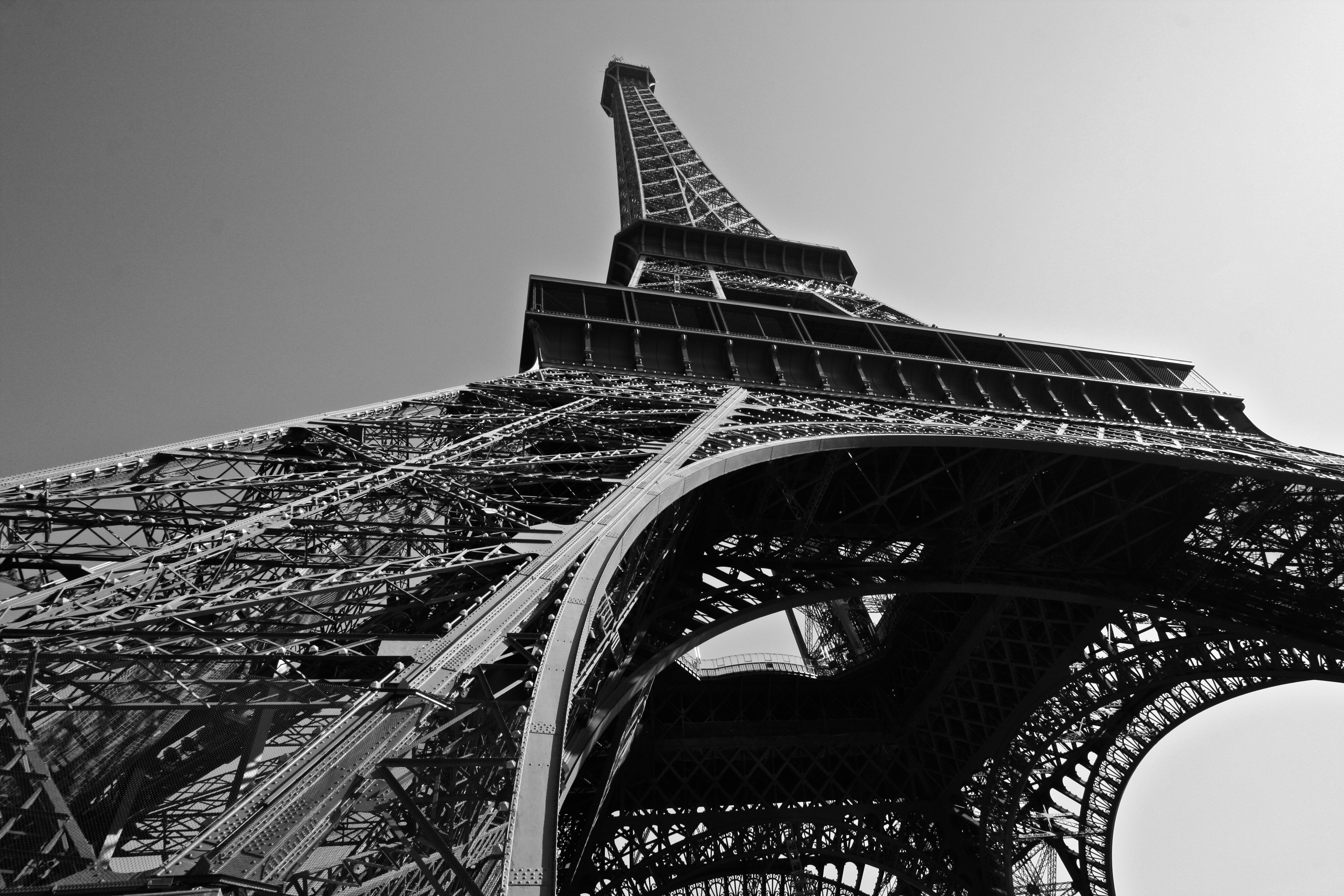
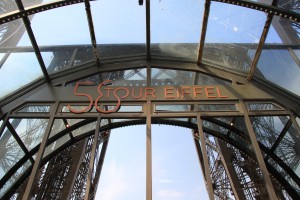
Recent Comments